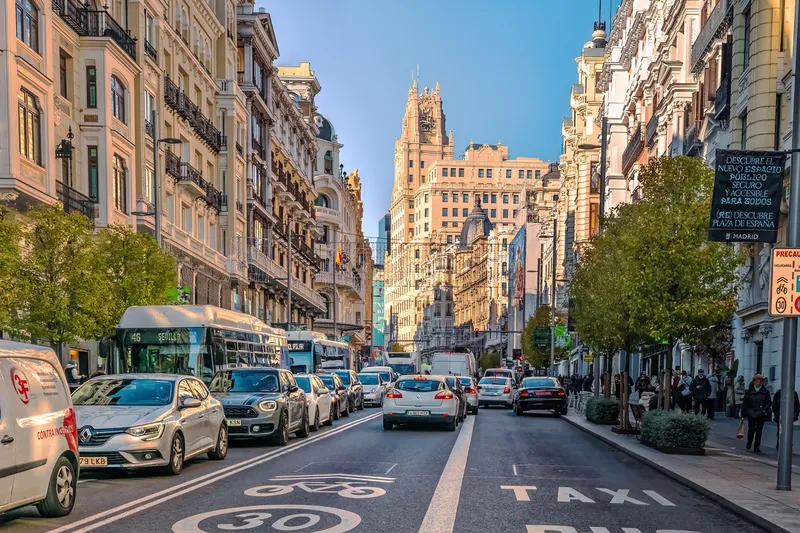The Dutch provinces of Groningen, South-Holland and the Metropolitan Region Rotterdam-The Hague have signed a Letter of Intent during the TEN-T Days in Rotterdam and expressed their commitment for the up-scaling of fuel cell electric buses in their region. For these public transport authorities (PTOs), the signing marks a milestone in the roadmap towards clean buses in public transport.
The collaboration between the PTOs is in line with the agreement signed in April this year between the Dutch government
June 28, 2016
Read time: 2 mins
The Dutch provinces of Groningen, South-Holland and the Metropolitan Region Rotterdam-The Hague have signed a Letter of Intent during the TEN-T Days in Rotterdam and expressed their commitment for the up-scaling of fuel cell electric buses in their region. For these public transport authorities (PTOs), the signing marks a milestone in the roadmap towards clean buses in public transport.
The collaboration between the PTOs is in line with the agreement signed in April this year between the Dutch government and the 14 PTOs in The Netherlands which states that all new buses in 2025 must be zero emission (tank-to-wheel). Fuel cell electric buses are considered to be one of the most promising zero emission solutions, especially for long distance routes outside city areas.
This statement comes as a follow up to the Letter of Intent signed by PTOs and cities across Europe at the TEN-T days last year in Riga, showcasing their readiness to integrate hundreds of buses in their bus fleets.
The Ministry of Infrastructure and Environment supports the collaboration of the PTOs under its national policy to support the transition to zero emission fuels. With the support of the ministry of Infrastructure and Environment, the PTOs will request financial support from the European Union for the deployment of 100 busses. By focusing on the purchase of a larger number of fuel cell electric buses the PTOs expect to reduce the initial investment costs for the buses and hydrogen infrastructure. This should stimulate the market development of this type of buses in Europe and the Netherlands. The European Union considers hydrogen as a possible solution for clean public bus transport. It is expected that in 2017, the European Union will provide for approximately US$33 millio0n (€30 million) through the European Fuel Cell Hydrogen Joint Undertaking (FCH-JU).
This initiative takes place in the framework of a pan-European joint activity, coordinating project development activities in five “clusters”. The clusters work on unlocking the market potential of fuel cell buses by bringing down the costs, looking in detail at match funding, technical specifications and joint procurement.
The collaboration between the PTOs is in line with the agreement signed in April this year between the Dutch government and the 14 PTOs in The Netherlands which states that all new buses in 2025 must be zero emission (tank-to-wheel). Fuel cell electric buses are considered to be one of the most promising zero emission solutions, especially for long distance routes outside city areas.
This statement comes as a follow up to the Letter of Intent signed by PTOs and cities across Europe at the TEN-T days last year in Riga, showcasing their readiness to integrate hundreds of buses in their bus fleets.
The Ministry of Infrastructure and Environment supports the collaboration of the PTOs under its national policy to support the transition to zero emission fuels. With the support of the ministry of Infrastructure and Environment, the PTOs will request financial support from the European Union for the deployment of 100 busses. By focusing on the purchase of a larger number of fuel cell electric buses the PTOs expect to reduce the initial investment costs for the buses and hydrogen infrastructure. This should stimulate the market development of this type of buses in Europe and the Netherlands. The European Union considers hydrogen as a possible solution for clean public bus transport. It is expected that in 2017, the European Union will provide for approximately US$33 millio0n (€30 million) through the European Fuel Cell Hydrogen Joint Undertaking (FCH-JU).
This initiative takes place in the framework of a pan-European joint activity, coordinating project development activities in five “clusters”. The clusters work on unlocking the market potential of fuel cell buses by bringing down the costs, looking in detail at match funding, technical specifications and joint procurement.







